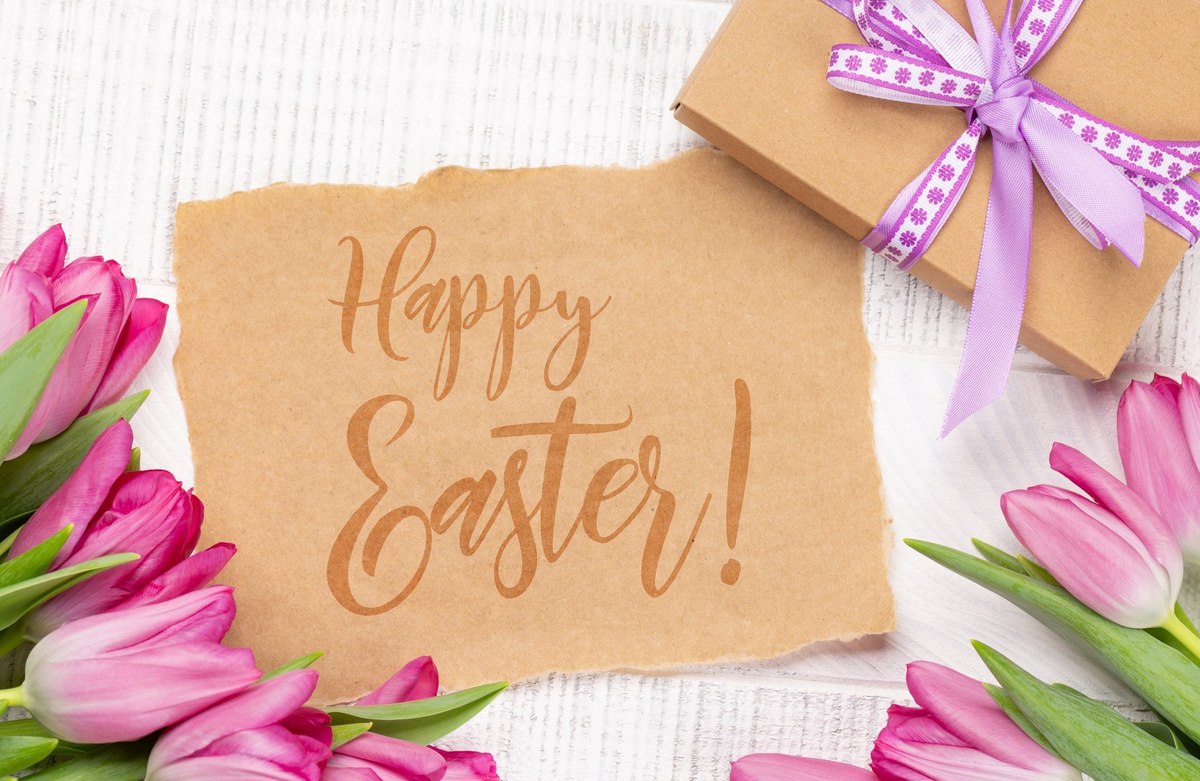
How Britons plan to celebrate Easter 2025
To understand how people in UK feel about Easter 2025 and how they plan to celebrate, YouGov carried out a nationally representative survey using its YouGov Surveys: Serviced tool. The poll explored public sentiment around the holiday, including planned activities, gifting habits, and spending expectations.
Most adults feel neutral, but younger people show more enthusiasm
When asked how they generally feel about Easter this year, nearly half of UK adults (47%) say they feel neutral. Around one in eight (12%) describe themselves as excited, while 31% say they are happy to celebrate the holiday. Excitement is highest among the youngest adults—25% of 18–24-year-olds say they are looking forward to Easter, compared to just 6% among those aged 55 and over.
These feelings have remained stable compared to last year for most. Over half (54%) report no change in their excitement, while 23% say they feel “much more excited.” At the same time, 43% of those who feel stressed about Easter say they are “a bit more” stressed than last year.
Easter at home: Cooking and small gatherings lead the way
Home remains the heart of Easter celebrations in the UK. The most common way people plan to mark the holiday is by cooking a meal themselves (39%), followed by hosting family or guests (24%). Only 13% plan to attend a religious service, and fewer still will go out to restaurants (12%) or order takeaway (8%).
Celebrations will mostly be modest in size. About half (49%) plan to gather in groups of two to four people, while 27% expect five to ten guests. Just 4% are preparing for gatherings of more than ten. Around one in ten adults (10%) plan to celebrate alone.
Gifting is focused on children and chocolate
Gifting remains a central part of Easter for many, especially families. Two-thirds of adults (66%) who are giving gifts say they will buy for children in their family. This rises to 75% among those aged 55+. Chocolate eggs top the list of items given, with 54% planning to gift them.
Cards (10%), flowers (8%), and non-food gifts like toys or decorations (8%) trail far behind. Younger adults (18–24) are more likely to experiment with different gift types, including gift cards (17%) and flowers (15%). A sizable portion of the population opts out of gifting altogether (16%).
Spending remains conservative
Spending around Easter appears restrained. A majority of adults who celebrate are not budgeting anything for celebrations (52%) or meals (43%), and 15% are not planning to spend on gifts. Among those who are, the most common gift budget falls between £11 and £25 (27%), while only 9% expect to spend over £50.
These spending patterns are consistent with previous years. Roughly half of Britons say their Easter budgets remain unchanged—56% for gifts, 48% for meals, and 46% for celebrations. Only small percentages report spending more than last year, with 13% saying they will spend "a bit more" on gifts.
Retailer choice driven by value and convenience
Easter shopping habits are shaped more by practicality than by impulse. Nearly half of adults (48%) buy Easter food and drinks as part of their regular grocery trip. Just 13% make a specific trip closer to the holiday, and 11% spread out their shopping over time. One in five (20%) do not buy any special Easter items.
When choosing a retailer for Easter shopping, 44% say they look for excellent value for money. Convenience is important to 39%, while 35% prioritize low-priced items. Younger adults (25-34) are more likely to be influenced by factors such as a wide variety of Easter products or unique offerings (32%), though these are less significant among older age groups.
Methodology: YouGov Surveys: Serviced provides quick survey results from nationally representative or targeted audiences in multiple markets. This study was conducted online on 7-8 April 2025, with a nationally representative sample of 2,114 adults in the United Kingdom (aged 18+ years), using a questionnaire designed by YouGov. Data figures have been weighted by age, gender, education and region to be representative of all adults. Learn more about YouGov Surveys: Serviced.
Image: Getty Images